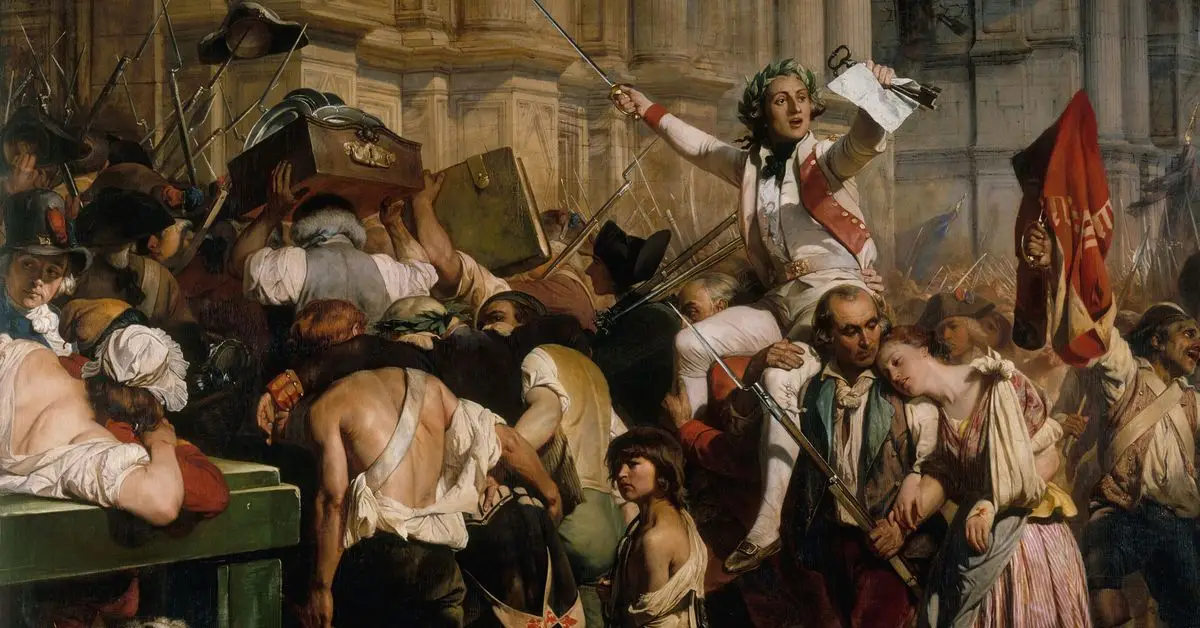I recently wrote a chapter about Paul Douglas in a book titled “The Palgrave Companion to Chicago Economics.” Douglas served as a professor in the University of Chicago economics department. He also served as a Chicago City Council member, and later, as the U.S. Senator from Illinois.
This “liberal” Senator (once described by Martin Luther King as “the greatest of all the Senators”) provided strong leadership when it came to conservatively managing the public purse, including the administration of monetary policy. The Democrat’s respect for free markets reflected his insights and concerns about regulatory capture. Those contributions predated by decades the flowering of similar valuable contributions from the economics of regulation and public choice, including those of his fellow Chicago Schooler (and Nobel Prize winner) George Stigler.
On the train ride in to work today, I stumbled over a great paragraph or two in his 1952 book Ethics in Government. Douglas fought against public corruption in his career as a Chicago alderman. Ironically, some of the most significant battles arose in areas like public utilities — now the center of concern for a growing number of convictions of corrupt Illinois politicians.
Douglas’ book provided eerily prescient warnings for the financial crisis in 2008-2009 — perhaps the worst financial crisis ever in the United States. We are still living with the fiscal and monetary consequences of that debacle. Douglas’s concerns about regulation included how special interest groups could erect government schemes to privatize gains and socialize losses, threatening the average citizen and destabilizing markets in the long run.
On pages 32-36 of the book, Douglas articulated more general concerns about the potential corruption of regulation. Those concerns are consistent with classical rather than more modern versions of liberalism. Here I offer some of his foundational ideas, and finish with his far-sighted articulation of unsustainable incentives unleashed by government subsidies of housing finance.
xxx
“In a free market, prices are fixed impersonally by the forces of supply and demand, and, therefore, adjustments in quantities produced and hence in unit prices are made according to the schedules of costs and profits. There is little room for corruption or undue favoritism here. In contrast, when the government makes the decisions about prices, quantities produced, and what firms may enter an industry, the door is opened wide for the exercise of favoritism and corruption.”
“With the coming of state regulation of electricity, gas, and telephone rates, these private utilities then reached out increasingly to control the state governments and to regulate their supposed regulators. Every student and practitioner of politics know how these private utilities have been among the most corrupting forces in state politics during the last thirty years.”
“When prices are fixed for an industry, the lobbyists will flock to the national capital. … When the government makes loans, there will be concerns which will hire men with influence to obtain them. When it pays subsidies, the ranks of the government agencies will be permeated by the secret agents of those who are subsidized.”
“In short, where economic decisions are made by the people and parties who administer government, the decisions will not be on the lofty and abstract grounds which are somewhat naively assumed by many economists who favor pervasive and far-reaching economic controls.”
“While I would not propose and complete return to laissez-faire, it is undoubtedly true that even a partial swing back to the principles of the free market would decrease the opportunities for corruption. This can be effected by a series of reforms which should save the taxpayers a great deal of money and at the same time reduce the number of money-changers in the temples of government.”
And finally (for now), his critique and warnings about housing finance and government’s roles through entities like Fannie Mae included “Because of the inflationary rise in prices, no real damage has losses have been experienced to date, but if we were to go through a deflationary period, there is little doubt that the government and the taxpayers would suffer high losses, and this may yet occur. However, there are so many who benefit from these guarantees, that it will probably be politically impossible to remove them. In the meantime, many favored groups, such as contractors, material men, suppliers, and architects, who commonly operate in close cooperation with lending institutions, will have made their fortunes.”
The opinions shared here do not necessarily represent the official position of the Libertarian Party. These editorial articles have been submitted by Libertarians across the country, and featuring these topics does not represent an endorsement of the content therein.




There is another ballot option that I've never heard expresses. I'm talking about mail-out ballots. Voters receive their ballots in…
I find it odd that this article makes reference to the cases of Alaska and Maine (Quote: "The states of…
A new Hope Biography: Reid graduated from UC Berkeley Engineering with 10 years design experience working on Shuttle, F16, and…
Fascist Deep State World Mystery Secret Brotherhood Babylonian Saturn Negative Energy Code Druid's Greatest Secret Occult https://www.youtube.com/watch?v=KxTYwNADspM
Thanks for helping elect this right wing carpet bagger. Can’t wait!